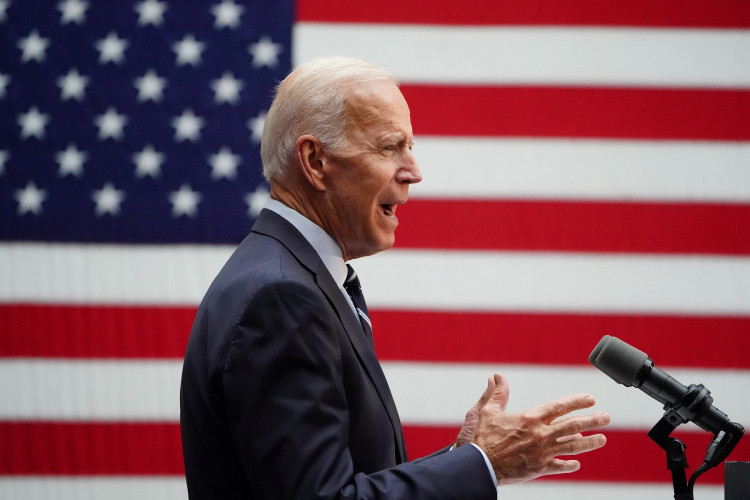President Joe Biden harshly criticized former President Donald Trump's meeting with Hungarian Prime Minister Viktor Orbán at Mar-a-Lago on Friday, accusing the European leader of promoting dictatorship over democracy. The meeting between Trump and Orbán, who recently endorsed the former president's 2024 White House bid, has reignited the debate over Trump's embrace of autocratic leaders and its potential impact on the upcoming election.
Speaking at a campaign event in Pennsylvania, Biden said, "You know who he's meeting with today down at Mar-a-Lago? Orbán of Hungary, who stated flatly he doesn't think democracy works, he's looking for dictatorship." The president emphasized his commitment to defending democracy, adding, "I see a future where we defend democracy, not diminish it."
Orbán, who has become an icon to some conservative populists for advocating "illiberal democracy," including restrictions on immigration and LGBTQ+ rights, posted images on his Instagram account of him meeting with Trump and the former president's staff. He reiterated his endorsement of Trump in a tweet, stating, "We need leaders in the world who are respected and can bring peace. He is one of them! Come back and bring us peace, Mr. President!"
The Hungarian leader also highlighted the divide between globalists and those who believe in national sovereignty, expressing his happiness at seeing that "sovereignists have many friends in the U.S. as well."
Trump, in turn, praised Orbán in a video post, calling him "fantastic" and "a noncontroversial figure because he said 'This is the way it's gonna be,' and that's the end of it. He's the boss."
The Trump campaign released a statement saying the two long-time allies discussed "a wide range of issues affecting Hungary and the United States, including the paramount importance of strong and secure borders to protect the sovereignty of each nation."
Biden's criticism of the Trump-Orbán meeting comes as he ramps up his campaign efforts, making the fight to defend democracy a top issue in the upcoming election. The president often warns that democracy would be at stake with another four years of Trump in office.
When asked if he was concerned about Trump's meeting with Orbán as he left the White House for Philadelphia, Biden replied, "If I'm not, you should be." The president also claimed that nine heads of state have told him he has to win in November, emphasizing the global implications of the U.S. election.
The dueling trips by Biden and Trump to Georgia on Saturday mark the intensification of general election campaigning following Super Tuesday and the president's State of the Union address. As the two candidates prepare to face off, the debate over the future of democracy and the United States' relationships with autocratic leaders is likely to remain a central issue.
Trump's embrace of Orbán and other leaders pushing back against democratic traditions has drawn criticism from those who view it as a threat to the nation's values and international standing. Supporters of the former president, however, argue that his approach to foreign policy prioritizes American interests and strengthens the country's position on the world stage.
As the campaign progresses, voters will have to grapple with the competing visions presented by Biden and Trump, deciding whether to prioritize the defense of democracy or the pursuit of national sovereignty in an increasingly complex global landscape. The outcome of this election could have far-reaching consequences not only for the United States but for the world as a whole.






